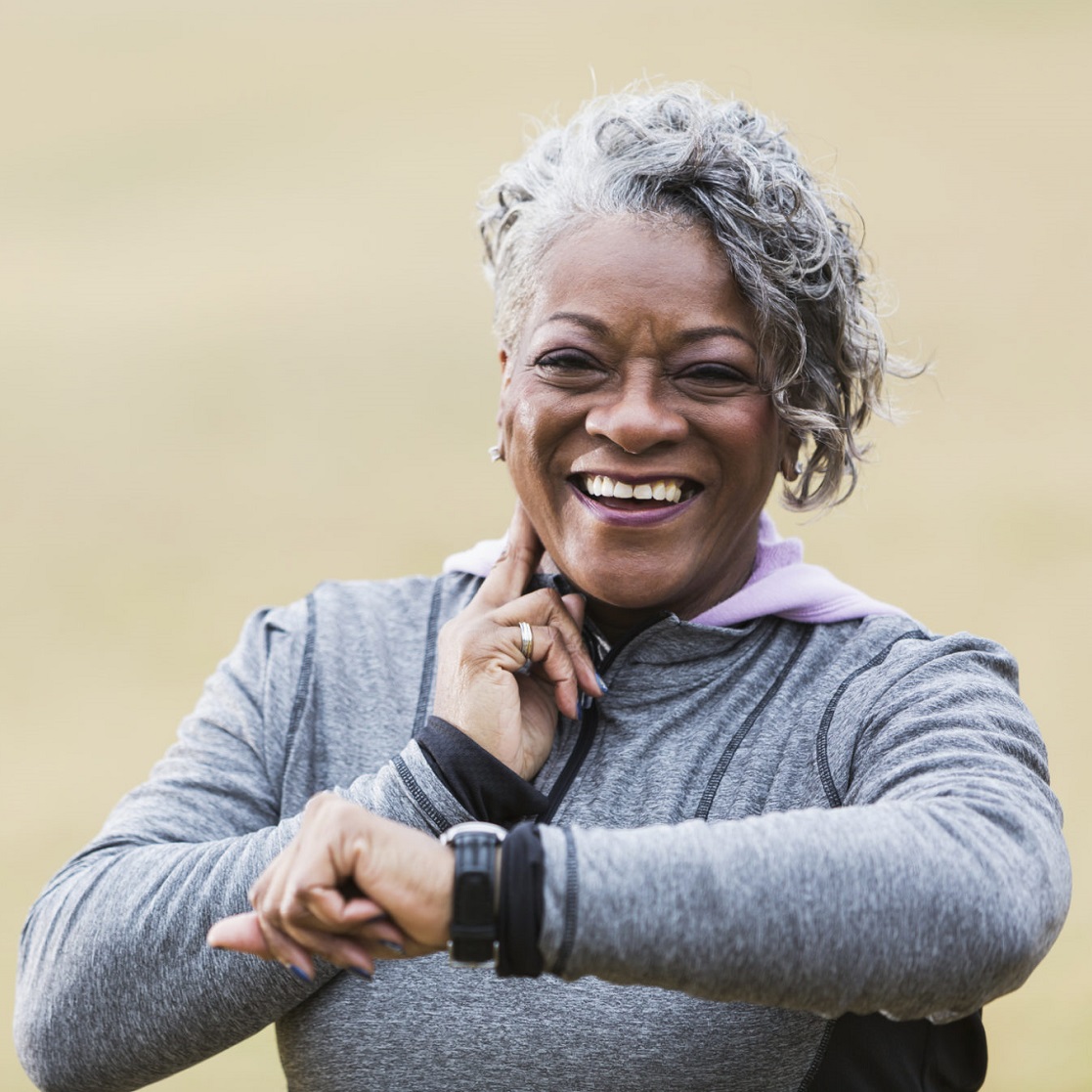Is it a Heart Attack? Watch for These Less Common Signs

August 12, 2021
You may know chest pain, tightness and pressure are classic clues of a heart attack, but a wide range of equally concerning symptoms don’t fall under these “textbook” heart attack signs, according to cardiologist Renato Apolito, M.D.
- Pain or discomfort radiating to the left arm, neck, jaw or teeth
- Pain in the back or belly
- Sweating
- Nausea or vomiting
- Shortness of breath
- Lightheadedness
“Sometimes heart attack symptoms are more subtle, such as stomach discomfort that could be misconstrued as indigestion,” Dr. Apolito says. “You should react to any of these issues, especially if they’re new and sudden and your internal instinct tells you something’s wrong. Not everyone has textbook symptoms.”
Get Past Denial Because Time is Everything
Heart attack signs can also vary between men and women, who are somewhat more apt to experience shortness of breath, nausea, vomiting and back or jaw pain than men, according to the American Heart Association. But Dr. Apolito cautions that everyone is wired differently, and you shouldn’t let your gender control your perception of heart attack symptoms you might experience.
Denial, in fact, stops many patients from seeking much-needed medical attention when a heart attack strikes, Dr. Apolito says.
“They think they’re just dealing with indigestion or a pulled muscle and they’re not ready to accept that something’s going wrong. That’s a problem, because it delays their care,” he says. “Timing is everything, and it’s better to be safe than sorry with matters of the heart. The more time they spend at home, the less time we may have to help them.”
When to Call 911
If you experience any heart attack symptoms—even if you’re unsure they stem from your heart—Dr. Apolito advises immediately calling 911, since that’s typically the fastest way to receive treatment.
Once you’ve arrived at the emergency room, an electrocardiogram and other tests will determine if you’re having an active heart attack. Next, blood work will pinpoint signs of a less serious or smaller heart attack, while medications will typically be prescribed that target possible coronary blockages.
“We’re all fair game for heart disease, especially as we age, and we need to be vigilant of any symptoms and get medical attention in a very fast manner,” Dr. Apolito says. “Time is not on your side if something is truly going on.”
The material provided through HealthU is intended to be used as general information only and should not replace the advice of your physician. Always consult your physician for individual care.
Find a doctor near me
How to Check Your Heart Rate

Learn how to check your heart rate. Dr. Batsides offers guidance on understanding your pulse, improving your health, and scheduling an appointment. Call 800-822-8905.
The Numbers Behind Parkinson's Disease

Understand Parkinson's disease statistics. Learn key facts and figures. Access reliable information now.
Find a doctor near me

How to Identify Early Signs of Stroke
Recognize stroke symptoms? Learn early stroke signs from Dr. Pavuluri. Get timely medical attention to reduce disability risk.

PCOS vs. Endometriosis: What’s the Difference?
Understand PCOS vs. endometriosis differences. Learn key symptoms & treatments from Dr. Appelbaum. Get expert care. Call 800-822-8905.

4 Ways You Can Help NICU Parents
Support NICU parents. Learn 4 ways to help from Joseph M. Sanzari Children's Hospital doctors. Offer practical and emotional support.

Overcoming Quarantine Anxiety
If you are feeling anxious or burnt out from COVID-related stress and isolation, you aren’t alone.
